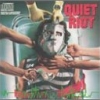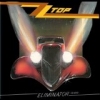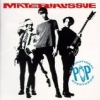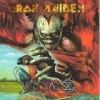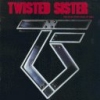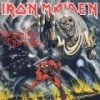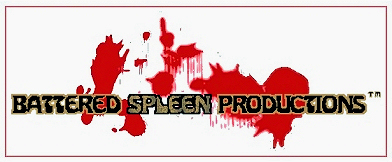Anatomy of a Horror Setting #2-17: Mind Games
In a magical horror setting the spell casters need to deal with the same sorts of logistical details in covering their tracks and maintaining a facade of a normal life, as do the empowered in a psychic horror setting. They share more of the strategic considerations beyond that though. In some cases, with the use of certain spells, they share the same abilities of control over others. The first case in point is controlling the minds of others. The magic user’s control over others comes in different forms with different levels of malleability. They can put people into trances where the individual stands or is recumbent and does nothing, not even think. They can make the individual do their bidding. This greater control involves anything from puppeting the person to possessing them.
The first step to most of these forms of controls is snatching the person, or otherwise getting them into the caster’s possession, so that they can work their magic upon them. Once the abduction is achieved, by whatever means, then comes the actual spell or ritual. These spells are just like any other, with any and all of the same requirements. The result of the spell is that the target person falls under the thrall of the caster. A prime example is similar to the control of hypnotic suggestion from the psychics where instructions need to be given to the enthralled. Then a trigger is needed to set off the execution of those instructions, unless what the controlled is supposed to be doing is ongoing. This trigger does not necessarily need to be implanted in the enchanted individual’s mind.
Spell casters have at their disposal spells in the limited, but exceeding useful, category of scrying. Here as with the psychic’s ability to astrally project within the material world, the caster can watch anything they want, anywhere that is not specifically protected from scrying. Since the magic user is watching they can trigger the hypnotic suggestions remotely. This forms a great layer of protection between the caster, the suggestions, and those who might otherwise easily see the influence under which that person is enthralled. This protection comes with some costs attached to it. The caster may not be able to scry at the appropriate time, the amount of control is limited, and the up front planning is heavy. One obvious alternative is to turn to a form of total control such as possession.
Mood: harried.
Music: Bestrafe Mich by Rammstein and Of All The Gin Joints In All The World by Fall Out Boy.
 | Buy these at Amazon.ca Click Images to Buy | 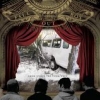 |
Labels: horror, hypnosis, magic setting, possession, psychic setting, scrying

